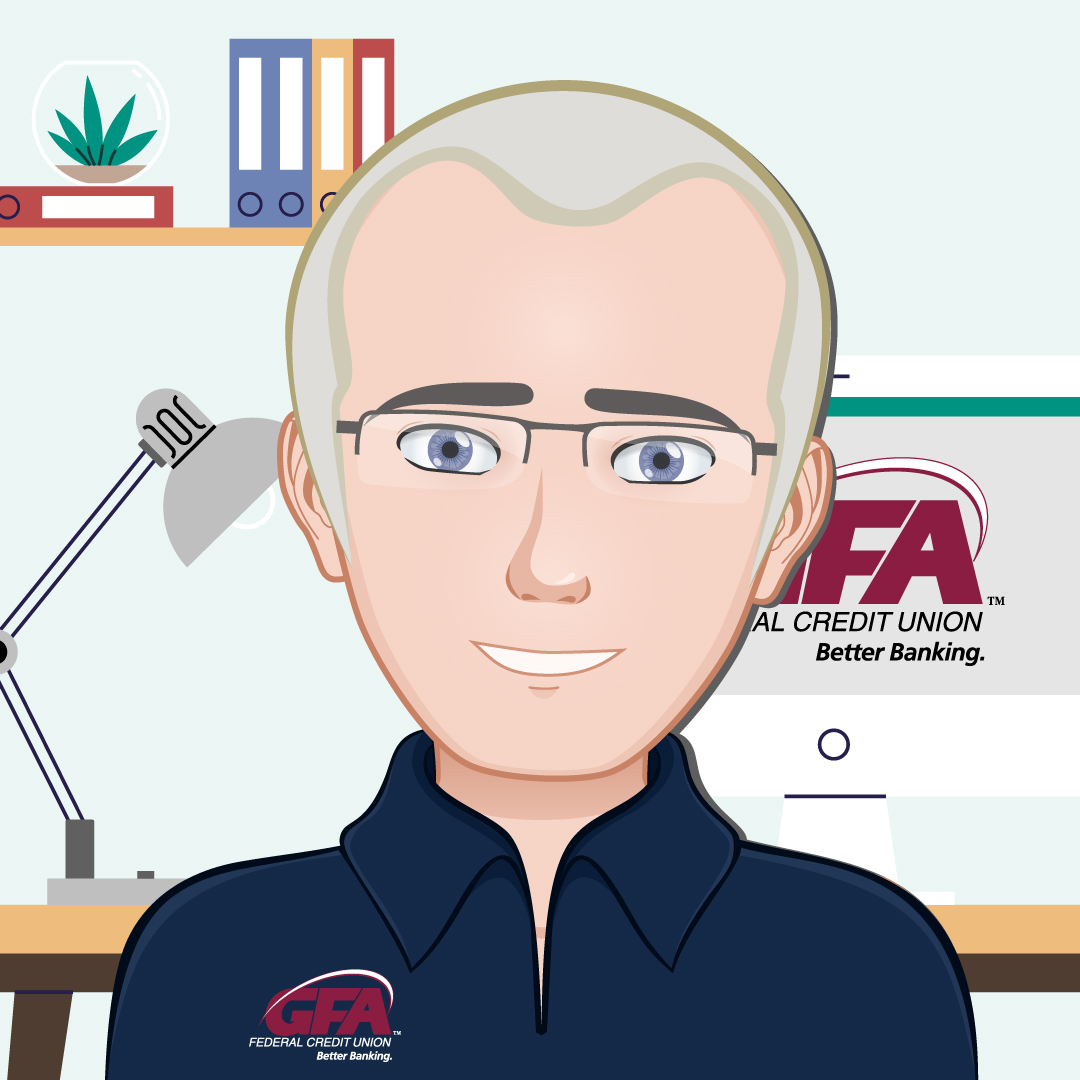Tech Talk with Jeff - Missed Calls

Do not trust all the numbers you see on your caller ID.
With today’s technology, we can see the numbers that call us. The first thing to remember is that caller ID is easily spoofed to whatever number a scammer wants you to see. Some people will see they missed a call from a number they do not know and call it back to find out who it was and why they called. Don't do this. If someone really wants or needs to talk to you, they will leave you a voicemail. Calling back an unknown number puts you at risk of being scammed and indicates that your phone number is viable and available to be used to scam someone with. There are certain area codes that look like they are in the United States but are not. These are numbers like 900, 809 (Caribbean), 473 (Grenada) and many others.Those numbers can cost you $5 a minute or more. The best practice is to not call back any number you do not know or recognize. Especially if a message was not left.
There are plenty of scam messages left on voicemails as well. Do not feel obligated to call them back or provide any of the information they are asking for, regardless of how legitimate or important they sound. Most can be ignored, like the ones saying the IRS is bringing charges against you and asking you to call them back immediately. The IRS will never call. Another example is a message saying it is your credit card company looking for confirmation or additional personal information. Most often this will be a scam, but if you want to be sure this is legitimate, do not use the number they leave you in the voicemail to call back. Use the number provided on your credit card only. This will ensure you are actually calling the credit card company, and not a scammer.
Be smart when using your technology and be safe.
